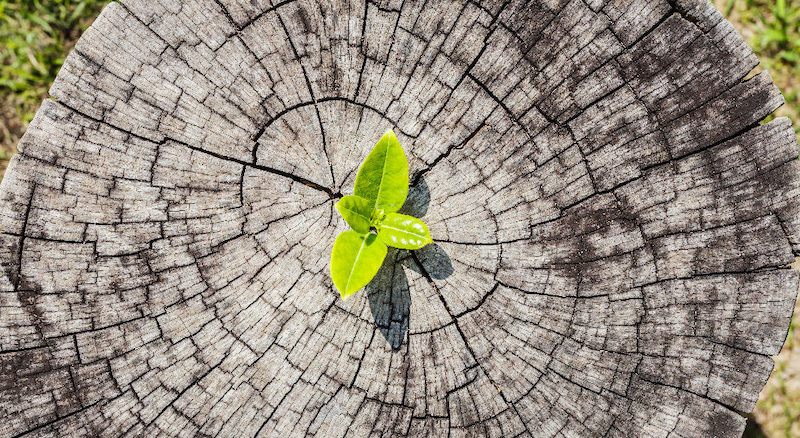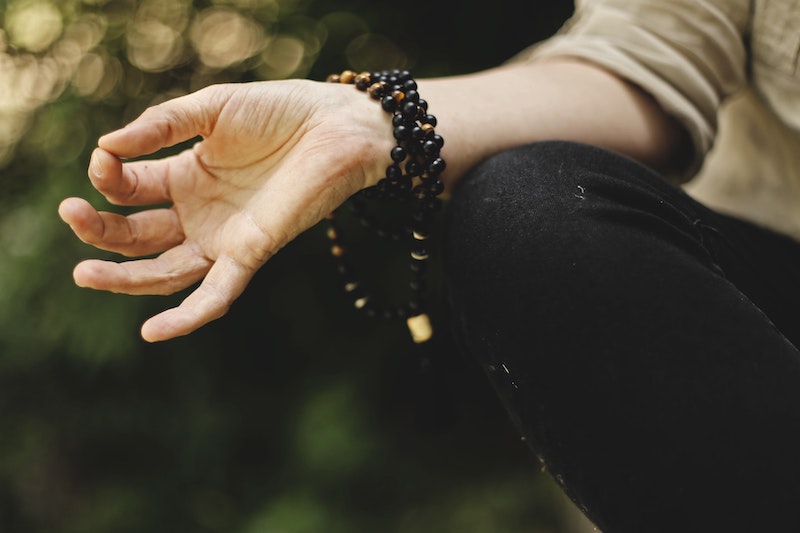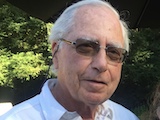
By Hugh Winig, M.D.
Dr. Winig is a retired psychiatrist and longtime OLLI @Berkeley member and volunteer.
None of us will likely return to our lives as we knew them prior to the pandemic. In addition to whatever normal aging or health challenges that arose regardless of the pandemic, the fragility of our lives and the instability of our society has been dramatically brought into focus. And what we all need now are two forms of resilience: emotional and physical!
Emotional resilience is critical in managing the unique stressors of the pandemic as well as other factors that arise as one ages. Physical resilience is important in dealing with issues of normal physical aging in order to increase one’s odds of living longer and remaining mentally intact.
There have been a multitude of societal changes that transpired simultaneously during the pandemic, including increased awareness of DEI (diversity, equity and inclusion), the disruptive impact of global warming, multiple mass shootings, as well as political instability and threats to our American democracy. People cannot even agree on the commonsense issue of getting vaccinated. In addition, personal relationships have been stressed and excessive isolation became commonplace.
Paradoxically, we seniors probably faced fewer adjustment challenges than people younger than us. Younger people may have been trying to transition to college, or to a new job, or to marriage, parenthood, or independently earning a living. It was difficult simply to try to experience a normal social life or to attend school. Too many children lost a parent, some parents lost their own parents. Some people lost friends, others lost jobs, the economy staggered, and everyone’s normal maturation was partially stymied.
Life became so stressful that while it is normally important to keep fully abreast of the news, new realities were such that limiting one’s exposure to the daily news due to its anxiety-provoking nature became a consideration.

Stressors that lead to excessive anxiety and agitation can be detrimental to one’s health and can have a particularly negative impact on one’s cardiac health. Thus, developing emotional resilience for us seniors is crucial. To achieve this, people should consider practicing mindfulness meditation and gratefulness meditation in order to strengthen one’s emotional resilience and manage excessive anxiety. (Many such meditation sites are easy to locate on the internet). In addition, having a sense of purpose can help one stay focused on what it important to them, not simply what seems newsworthy at the moment. Emotional resilience is critical in order to be able enjoy and potentially extend the number of years we have remaining.
In addition to the importance of emotional resilience, studies reveal 4 critical areas that contribute to physical resilience: 1) having healthy eating habits (e.g. a Mediterranean diet); 2) participating in regular exercise (e.g. yoga, tai chi, extended walks, active gardening); and 3) using one’s mind regularly in ways that require concentration (e.g. reading, writing, taking classes, studying a foreign language, learning a new musical instrument). Of very significant note is that recent studies show that very elderly people who continued to regularly use their brain to concentrate have lower incidences of dementia.
Many things in life are out of our control as we age. But now there is evidence that some things are actually within our control, as indicated above. This is reassuring and worthy of one’s consideration in order to reduce morbidity and delay mortality as normal aging marches forward.
Emotional and physical resilience are capacities that each of us can cultivate. But to do so successfully requires one’s attention, commitment, and perseverance — but it will be well worth the effort!
 Hugh Winig, M.D. is a retired psychiatrist, the author of a book of short stories and a book of humanistic aphorisms, and a longtime OLLI @Berkeley member and volunteer. He was a founding Trustee of the Lafayette Library and Learning Center and a past President of the East Bay Psychiatric Association.
Hugh Winig, M.D. is a retired psychiatrist, the author of a book of short stories and a book of humanistic aphorisms, and a longtime OLLI @Berkeley member and volunteer. He was a founding Trustee of the Lafayette Library and Learning Center and a past President of the East Bay Psychiatric Association.